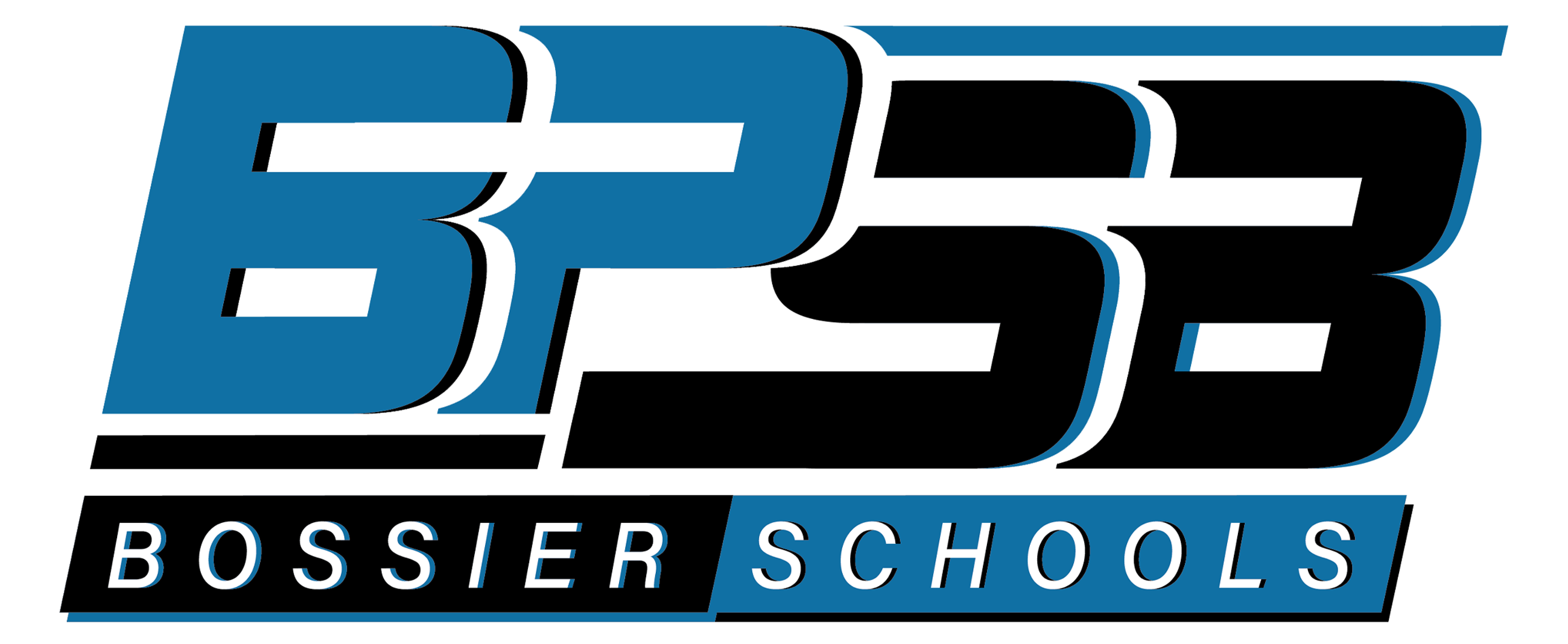What are Your Rights
NOTICE – You have the right to be informed (receive notice) in writing any time the school plans or refuses to identify, evaluate (test) or change the placement of your child.
PERMISSION – You must give your permission before your child is tested and before your child is placed in a special education program for the first time.
EVALUATION – You have the right to a full evaluation of your child’s individual needs and an explanation of the results of the evaluation (testing).
INDIVIDUALIZED EDUCATION PROGRAM (IEP) – The written plan developed for your child, with your participation, designed to meet the needs identified in the evaluation. EXTENDED SCHOOL YEAR PROGRAM (ESYP) – The program that goes beyond the school year designed to serve students with disabilities who meet specific screening requirements.
LEAST RESTRICTIVE ENVIRONMENT (LRE) – You have the right to have your child educated with non-exceptional children to the maximum extent possible.
RECORDS – You have the right to see any educational records regarding your child and the right to know what the school will do to ensure the confidentiality of these records.
MEDIATION – The informal, voluntary process where parents and the local education agency (LEA) are given the opportunity, with the help of a trained mediator, to resolve their differences and find solutions to enhance the overall learning environment for the child.
DUE PROCESS – The formal process used when mediation is unsuccessful to resolve differences between parents and the local education agency.
EXCEPTIONALITIES – The exceptionalities listed below are identified in the Louisiana Pupil Appraisal Handbook. Exceptionalities and their definitions may vary from state state. AUTISM – a developmental disability significantly affecting verbal and nonverbal communication and social interaction, generally evident before the age of three that adversely affects a child’s educational performance.
DEAF-BLINDNESS – a combination of hearing and vision impairments which causes such severe communication and other developmental and educational problems that such students may require specific educational services to meet the needs resulting from both impairments.
DEVELOPMENTAL DELAY – an exceptionality in which children, ages 3 through 9 are identified as experiencing delays in one or more of the following areas: physical development, cognitive development, communication development, social or emotional development or adaptive development.
EMOTIONAL/BEHAVIORAL DISORDER – a disability characterized by behavioral or emotional responses so different from appropriate age, cultural or ethical norms that adversely affect performance. Performance includes academic, social, vocational and/or personal skills. Emotional/Behavioral Disorders can co-exist with other disabilities.
GIFTED – demonstrated abilities that give evidence of high performance in academic and intellectual aptitudes.
HEARING IMPAIRMENT – an auditory sensitivity (as measured by conventional behavioral audiological techniques or physiological measures) so deficient as to significantly interfere with educational performance.
LEARNING DISABILITIES – severe and unique learning problems as a result of significant difficulties in the acquisition, organization or expression of specific academic skills or concepts. These learning problems are typically manifested in school functioning as significantly poor performance in such areas as reading, writing, spelling, arithmetic reasoning and calculation, oral expression or comprehension, or the acquisition of basic concepts.
MULTIPLE DISABILITIES – a combination of disabilities which causes such severe educational problems that these pupils cannot be accommodated in special education programs solely for one of the impairments.
NONCATEGORICAL PRESCHOOL – an exceptionality in which students three years through age five; but not enrolled in a state approved kindergarten, are identified as having a disabling condition which is described according to functional or developmental levels, as mild/moderate or severe/profound.
OTHER HEALTH IMPAIRMENTS – limited strength, vitality and alertness due to chronic or acute health problems. ORTHOPEDIC IMPAIRMENTS – a severe orthopedic disability which adversely affects a student’s educational performance. TALENTED – possessing measurable abilities that give evidence of unique talent in visual or performing arts, or both.
TRAUMATIC BRAIN INJURY – an acquired injury to the brain caused by an external physical force, resulting in total or partial functional or psychosocial impairment, or both, that adversely affects a student’s educational performance.
